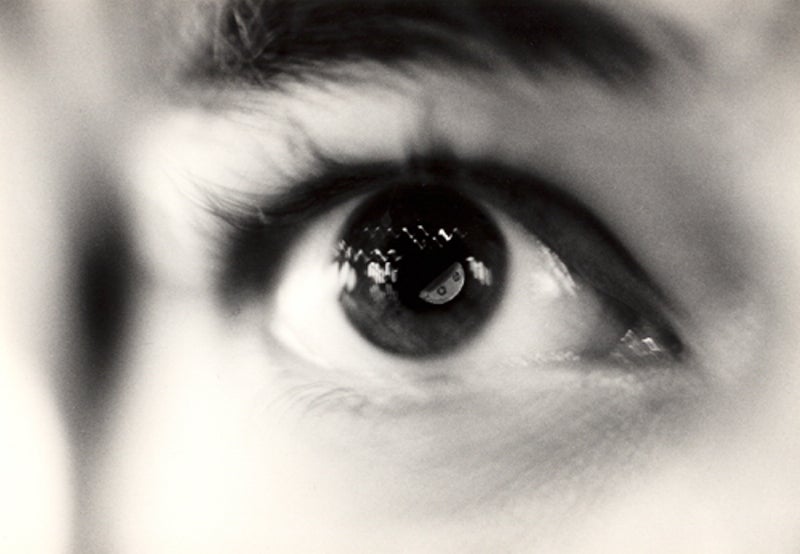
ProQR Therapeutics has received approval from the US Food and Drug Administration (FDA) to begin the Phase I/II STELLAR trial of its investigational new drug (IND) QR-421a for the treatment of patients with Usher syndrome type II.
Type II is the most common form of Usher syndrome and is one of the main causes of combined deafness and blindness.

Discover B2B Marketing That Performs
Combine business intelligence and editorial excellence to reach engaged professionals across 36 leading media platforms.
ProQR aims to initially enrol around 18 adults who have lost vision due to mutations in exon 13 of the USH2A gene as part of the trial.
The open-label, double-masked, randomised, first-in-human trial will be conducted at sites in the US and Europe.
It is designed to examine several dose levels and a control (sham injection) arm administered as a single intravitreal injection of QR-421a into one eye.
Eligible patients will also be able to take part in an extension study.

US Tariffs are shifting - will you react or anticipate?
Don’t let policy changes catch you off guard. Stay proactive with real-time data and expert analysis.
By GlobalDataThe trial’s objectives will comprise analysis of safety, tolerability, pharmacokinetics and efficacy, as defined by restoration or improvement of visual function and retinal structure through ophthalmic endpoints including visual acuity (BCVA), visual field and optical coherence tomography (OCT).
It will also analyse changes in quality of life among the participants.
ProQR Therapeutics CEO Daniel Boer said: “QR-421a has shown promising activity in both the optic cup and zebra fish models and we are excited about the potential to make a meaningful impact for Usher syndrome patients.”
QR-421a is an investigational ribo-nucleic acid (RNA) based oligonucleotide designed to address the primary cause of vision loss related with Usher syndrome type II and non-syndromic retinitis pigmentosa (RP) due to mutations in exon 13 of the USH2A gene.
Initial results of the trial are expected to be unveilled next year.





